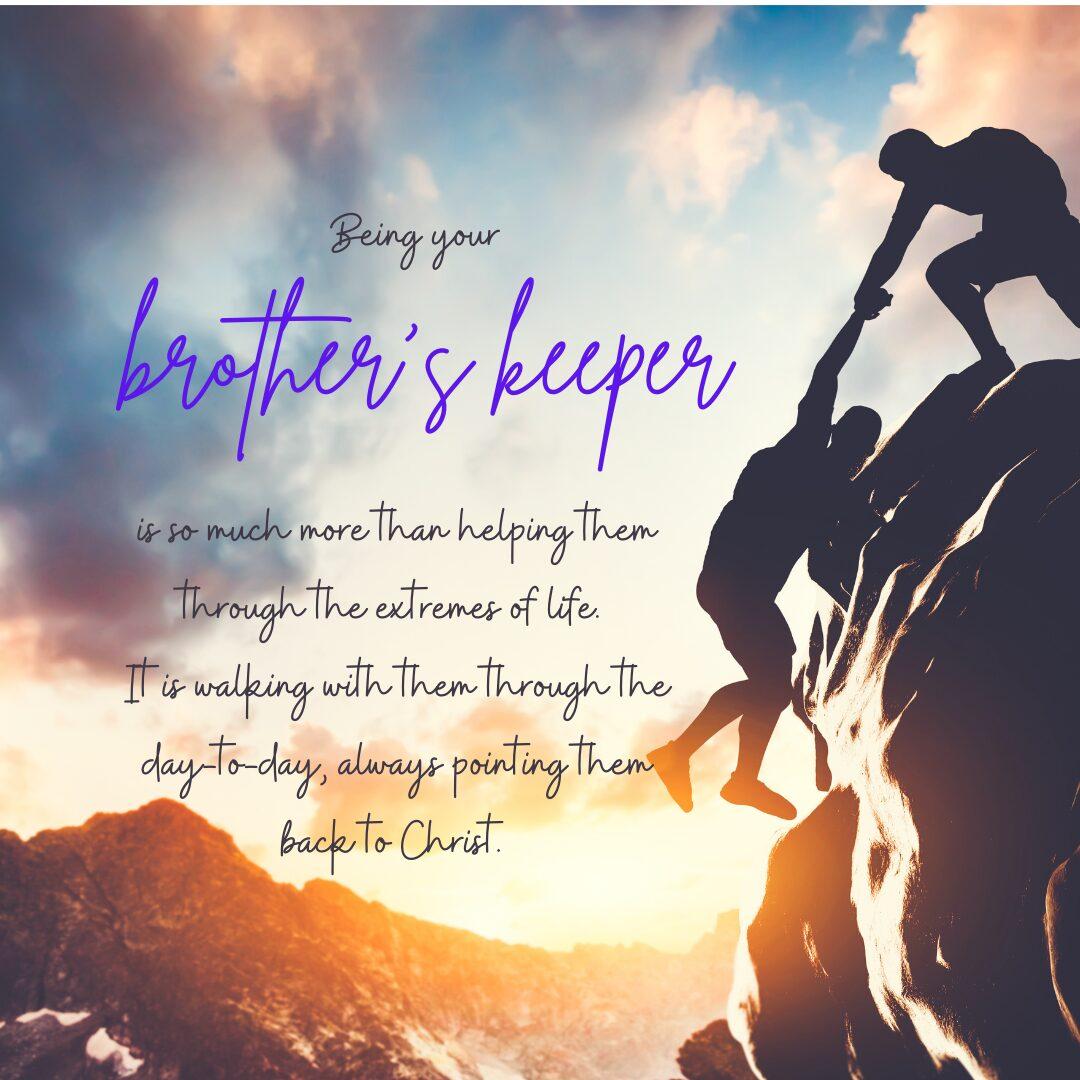SOME of you must have heard of Pope Francis’ call for a “synod on synodality.” And you might have asked what it’s all about.
First of all, synod (from Greek synodos, assembly) is a local or provincial assembly of bishops and other church officials, and sometimes the laity in a diocese, meeting to resolve questions of discipline, administration, or application.
Second, synodality in the Catholic Church is the “specific modus vivendi et operandi of the Church, the People of God, which reveals and gives substance to her being as communion when all her members journey together, gather in assembly, and take an active part in her evangelizing mission.” (Synodality in the Life and Mission of the Church, no. 3)
The Holy Father has called for a synod on synodality to invite us—clergy, religious, and lay—to reflect on how we have journeyed together as a Church and what we learned from this journey.
“It is precisely this path of synodality which God expects of the Church of the third millennium,” the Holy Father has said. By journeying together and reflecting on this journey, the Church will learn through experience, which will help Her live in communion, achieve participation, and open Herself to mission.
As we go through this two-year synodal path with a call to “encounter, listen, and discern,” the Holy Father says that we can “look others in the eye and listen to what they have to say to build rapport, to be sensitive to the questions of our sisters and brothers, to let ourselves be enriched by the variety of charisms, vocations, and ministries.”
The synod on synodality is “not so much by organizing events or theorizing about problems, as in taking time to encounter the Lord and one another,” the Pope remarked. In addition, it is a “time to devote prayer and adoration—this prayer that we neglect so much: to adore, to make room for adoration—listening to what the Spirit wants to say to the Church.”
Angelus News has reported that the LA archdiocese plans to use the first weeks of 2022 before Lent—from January to March—to engage in the “listening” phase of the synodal process, with listening sessions in parishes and regional groups. Existing pastoral councils at the archdiocesan, regional, and parish levels will implement this process of sharing, reflecting, and listening. By October 2022, the United States Conference of Bishops will submit the summaries of local consultations, including the LA archdiocese.
I find this an exciting synod, filled with the promises of dialogue, openness, and prayer. We must engage in dialogue with one another in these changing times to make room for mutual understanding, compassion, empathy, reconciliation, unity, and relevance.
In the light of the Scripture readings this Sunday, we need to recognize the gifts and the wisdom of the poor, the weak, the young, the women, and those ignored, ostracized, and ignored by society. We need to hear their voices to be an authentic Church.
The Church needs to acknowledge also the gifts of the poor, particularly their faith and humble dependence on God. Like the widow in the Gospel, they give from their poverty. With them, we say: “The jar of flour shall not go empty, nor the jug of oil run dry, until the day when the Lord sends rain upon the earth.”
* * *
The opinions, beliefs and viewpoints expressed by the author do not necessarily reflect the opinions, beliefs and viewpoints of the Asian Journal, its management, editorial board and staff.
* * *
Fr. Rodel “Odey” Balagtas is the pastor of Incarnation Church in Glendale, California.


